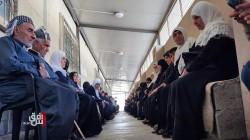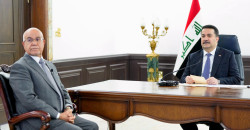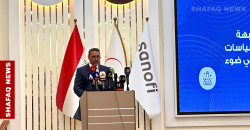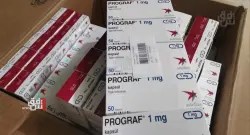One Fourth of Iraq's Population Sought Emergency Healthcare in 2022
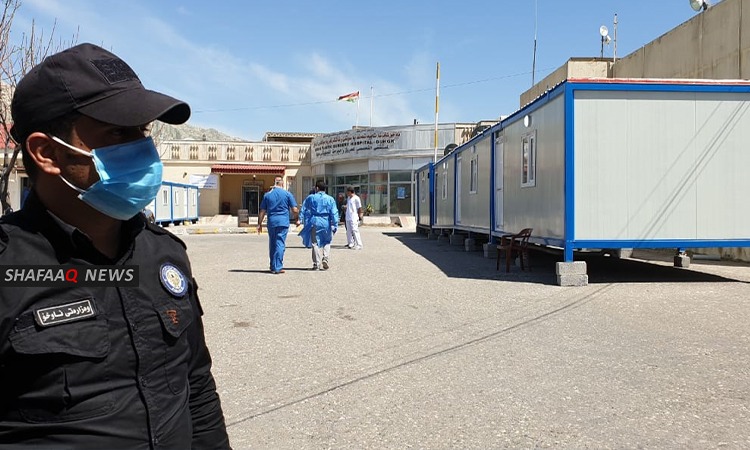
Shafaq News/ Approximately one-fourth of the Iraqi population, equivalent to some 11.2 million persons, have sought care for emergency health issues in 2022, a spokesperson to the country's ministry of health revealed on Thursday.
In a statement to Shafaq News Agency, Spokesperson Mahmoud Seif al-Badr said that 140,118 cases were attributed to traffic accidents.
Gunshot wounds constituted 8,107 cases, while other 19,198 injury cases were inflicted by sharp objects.
The revealed data paints an equally grim picture for occupational health and safety in the country, with a considerable 52,113 cases precipitated by falls from high places.
Iraq's healthcare system, once one of the best in the Middle East, has been wrecked by conflict, international sanctions, the U.S.-led invasion of Iraq in 2003, and rampant corruption.
Although public medical services are free of charge, a lack of medicines, equipment, and adequate services mean citizens often need to turn to the more expensive private sector.
The citizens of the fifth oil-richest nation in the world struggle to access basic medicine and treatment for conditions and injuries under a network blighted by inadequacy and upheaval.
Fifty years ago, a much richer Iraqi government spent lavishly on health funding. The state company responsible for drug imports, known by its Arabic acronym KIMADIA, enjoyed such a close relationship with the world’s top drug manufacturers that it would fax orders directly and shipments would arrive before a formal contract was drawn up.
Medicine destined for public use too often ends up being sold for private profit in under-the-table deals in which the Iraqi upper-class benefits at the expense of the poor. What is left for the public health system is often unusable because it has expired or poor quality.
Damage to infrastructure, a shortage of medicine, corruption in supply chains and doctors fleeing have piled immense pressure on the nationwide institution.
Since the 1970s Iraq has been home to a free government-run public healthcare system, upon which the majority of citizens rely.
Fewer than 5 per cent of Iraqis have health insurance and hose who do have the means often choose to travel abroad for treatment.
There are about 230 hospitals to serve a population of 41 million, according to data from the World Health Organisation (WHO).
The US-led invasion of Iraq in 2003 and years of fighting thereafter led to more than one in 10 hospitals being destroyed.
Over the past decade, as Iraq has tried to rebuild, the government pumped more money into the healthcare system. Between 2003 and 2010 spending on health jumped from 2.7 per cent of GDP to 8.4 per cent, the World Bank said.
But the system is failing millions of Iraqis in dire need of medical care and the country spends far less on health than other Middle Eastern nations.
